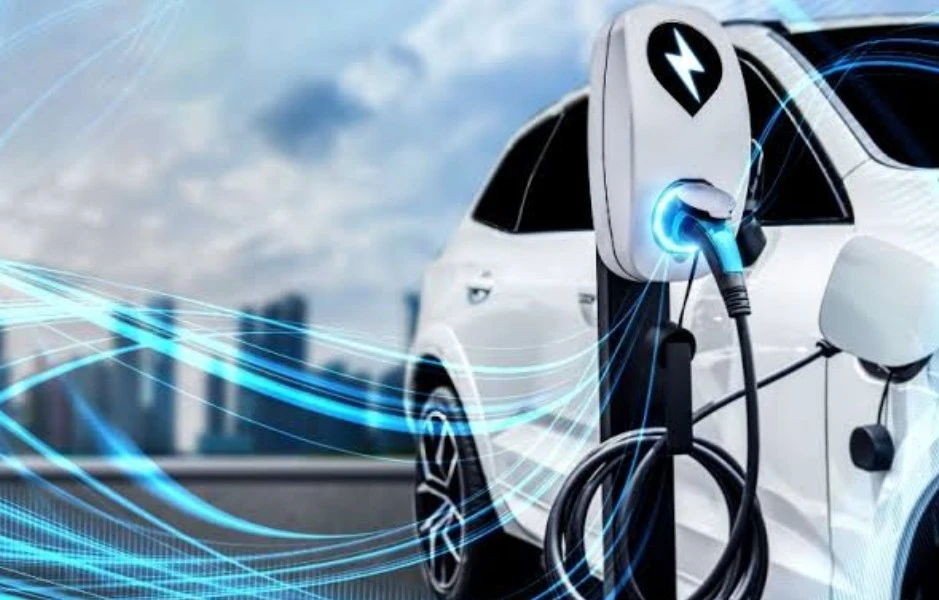Electric vehicles (EVs) have rapidly gained popularity over the past decade, revolutionizing the way we think about transportation. As a blog writer with experience in restaurants and bakeries, you’ll appreciate the parallels between the EV industry and your culinary expertise. Let’s dive into the world of EVs, exploring their impact, benefits, and future prospects.
The Rise of Electric Vehicles
1. Environmental Impact
EVs significantly reduce greenhouse gas emissions compared to traditional internal combustion engine (ICE) vehicles. By relying on electricity rather than fossil fuels, they contribute to cleaner air and combat climate change.
2. Cost Savings
While the initial purchase price of an EV may be higher, the long-term savings are substantial. Lower maintenance costs, reduced fuel expenses, and government incentives make EV ownership financially attractive.
3. Technological Advancements
Innovation drives the EV industry. Battery technology continues to improve, enhancing range and charging speed. Companies like Tesla, where you worked for 1.5 years, lead the way in creating cutting-edge EVs.

Challenges and Solutions
1. Charging Infrastructure
Widespread adoption of EVs relies on a robust charging network. Governments and private companies are investing in charging stations, making it easier for EV owners to recharge.
2. Range Anxiety
Addressing range anxiety—the fear of running out of battery—is crucial. Advances in battery capacity and faster charging alleviate this concern.
The Future of EVs
1. Market Growth
The EV market is projected to expand exponentially. Major automakers are committing to all-electric lineups, signaling a shift away from ICE vehicles.
2. Sustainability Partnerships
Collaborations between EV manufacturers, renewable energy providers, and tech companies will accelerate sustainable transportation solutions.

